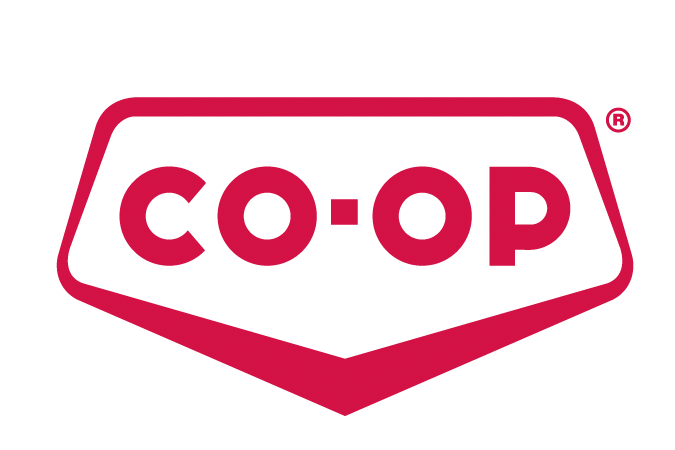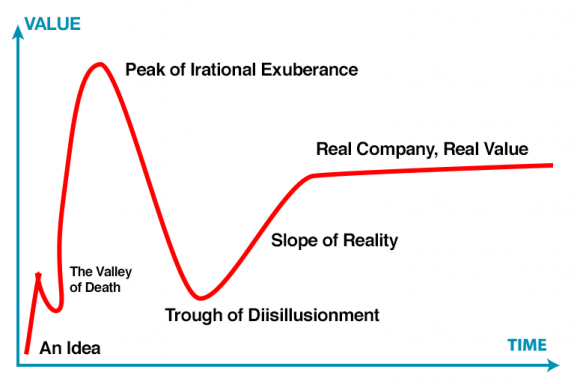
In the world of social responsibility, co-ops are a corporate form that stands out as an functioning design. Consumer co-ops are a well-worn form for grocery stores (PCC and a dozen others here in Washington State), for retailers (see the multi-billion dollar REI), producers (see Organic Valley and Equal Exchange), and savings (see any credit union).
Expanding that cooperative ethos across the table to impact investors, are there any investor co-ops?
What would such a structure look like? What benefits would it have over individual investors, foundation PRIs, and impact funds?
Looking back at the consumer co-ops, the cooperation is amongst buyers, to band together for better prices from vendors. For producer co-ops, the cooperation is in capital equipment and sales. For savings, it’s an ability to pool capital to make loans and earn a market-rate return on those savings. For impact investors, the cooperation needed is for deal flow and aggregation of capital, to return better returns to the investors.
Angel groups fit that definition. They cooperate to produce better deal flow, to pool resources for due diligence, and to aggregate funds. However, they do all this as dues paying individuals, not co-owners of an organization. The analogy is Costco vs. your local food co-op. Anyone can pay to be a “member” at Costco, but that doesn’t make you an owner of the business. It doesn’t give you the same say over management as being a member of REI or PCC or a vote for the board like at your local credit union.
For venture capitalists, the most common pattern is to invest into syndicates, with the lead VC often introducing entrepreneurs to other VCs to complete the syndicate. This again somewhat fits the definition, but until one VC steps forward as a lead, or until they pass on a deal (e.g. when it’s not a fit for their focus), they don’t share their deal flow with their competitors.
In my continuing journey from traditional/tech investing to impact investing, I’m looking for embedded assumptions that need to be brought forth and reviewed, avoiding impact investing from becoming a blind copy of past traditions. Given the ethos of impact first, fiscal return second, it seems like we should be sharing deal flow between funds, to spread the impact as well as spreading the risk and return.
More successful funds will beget more impact investing, enticing more impactful entrepreneurs, and down the chain to more impact.
If you run an impact investment fund or impact-oriented accelerator, let’s talk about create the first impact investing co-op.



 Africa Eats is an investment company...
Africa Eats is an investment company...











Hi Luni – a model worth noting as part of this discussion: http://www.uptimabootcamp.com/#!faqs/c10y
Thanks Kevin, but did I miss something? I see a subscription model, but nothing at all about investments.
Count me in.
It’s more angel-group than coop, but still noteworthy in the impact focus: http://www.toniic.com. Also, investment pools can operate like coops (depending on their governing agreement).
Thanks for the link. I happen to be a member of Toniic. It’s quite a bit more than a typical Angel group, but there are individual Angels investing too.
The novelty of the Investor Co-op is that the members are professional investors, not individuals. That may seem a subtle difference, but I invest both as an individual as well as the manager of Fledge, and it’s not an identical process.
Interesting, thank you. To clarify, by professional do you mean investing on behalf of others for compensation (investment manager/fund/intermediary), or investing your own funds (and perhaps those of co-investors active in the diligence & decision process), albeit through a formal vehicle?
I’m not clear on the innovation of an investment co-op over, say, a Toniic, where due diligence and participation is socialized among the members (as I understand it).
I’d also be curious as to how much demand there is for Angels or VCs to further diversify by sharing deal-flow. Some other thoughts on coop structure pros/cons, but prefer the live medium – if you’re ever in SF, I’d be happy to grab a coffee/beer and discuss. I will be running a Kick session this Fall, as well. Cheers
Professional is usually “other people’s money”, but the bigger distinction is that professional investors have some incentive to make investments. Angels, on the other hand, typically just dabble, and as such can take forever to close an investment, or pass on investment when anything else in life gets in the way.
Yes, Angel Groups are something like I describe, but such a mechanism of centralized dealflow doesn’t exist for professional capital. In the VC world, syndicates arise all the time, but by relationships and world of mouth, not some formal mechanism.
I’ll be in SF for Socap. And NY for the Toniic gathering. If you make it up to Seattle, let me know.
Most investors are still focused locally (https://www.lunarmobiscuit.com/money-is-local-impact-is-global/), but in general, serious investors always want more dealflow.